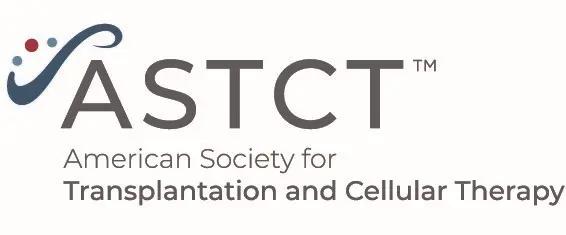SPM AE Incidence After CAR T-Cell Therapy in Lymphoma and Myeloma
Findings from the Phase 3 AURIGA trial support the use of lenalidomide plus daratumumab vs lenalidomide alone as post-transplant maintenance therapy for patients with newly diagnosed multiple myeloma.
Findings from the Phase 3 AURIGA trial support the use of lenalidomide plus daratumumab vs lenalidomide alone as post-transplant maintenance therapy for patients with newly diagnosed multiple myeloma.

Findings from the Phase 3 AURIGA trial support the use of lenalidomide plus daratumumab (D-R) over lenalidomide alone (R) as post-transplant maintenance therapy for patients with newly diagnosed multiple myeloma. The study included 200 participants who were minimal residual disease (MRD) positive, anti-CD38 naive, and had very good or better partial response following transplantation. One-half of the participants were randomly assigned to D-R, with the remainder allocated to R. The primary outcome was MRD-negative conversion rate by 1 year from the start of maintenance, which was significantly higher for the D-R cohort (50.5% vs 18.8%; odds ratio [OR], 4.51; 95% confidence interval [CI], 2.37-8.57; P<0.0001) than for the usual-care cohort. Estimated 30-month progression-free survival rates were also greater with D-R, with 82.7% of recipients reaching that point compared with 66.4% of those in the R group. The combination treatment did not raise any new safety concerns, although grade 3/4 cytopenia and infections were slightly higher with D-R than R with, rates of 54.2% vs. 46.9% and 18.8% vs. 13.3%, respectively.
Reference
Tix T, Alhomoud M, Shouval R, et al. Second Primary Malignancies After CAR T-Cell Therapy: A Systematic Review and Meta-Analysis of 5,517 Lymphoma and Myeloma Patients. Clinical Cancer Research. 2024; (doi: 10.1158/1078-0432.CCR-24-1798).